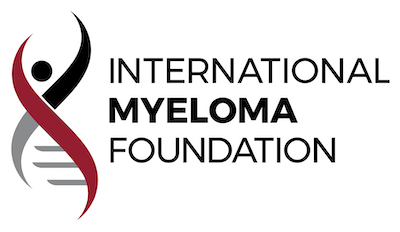Crews Lab
- Research
- Publications
- People
- News and Opportunities
The ongoing research in the Crews Lab aims to investigate the function of cancer stem cells in multiple myeloma progression and relapse. In recent work with the Jamieson Laboratory, we have identified a role for inflammation responsive pathways in the acquisition of drug resistance and stem cell-like behavior of malignant cells in multiple myeloma.
Dr. Crews is also pioneering novel myeloma stem cell-targeted RNA detection tools with the overall goal of developing new regenerative medicine technologies that will improve the diagnosis and treatment of a variety of human cancers and other age-related disorders.
Hear more about Dr. Crews' work on cancer stem cells in "Stem Cells Behaving Badly" with Heather Buschman, Ph.D. from UC San Diego Health's "N Equals One" podcast series.
With over 30,000 new cases predicted in 2017, multiple myeloma represents the second most common blood cancer in the U.S. It remains incurable due to drug-resistant dormant cancer stem cells that promote relapse mediated by inflammatory cues from the bone marrow microenvironment.
Our projects investigate inflammation-responsive pathway deregulation as a predictor of multiple myeloma drug resistance, and we are testing novel targeted therapeutics to modulate these vital stem cell regulatory pathways. These studies will advance our understanding of multiple myeloma biology and facilitate development of new therapies to reduce disease relapse for patients with multiple myeloma and other therapeutically recalcitrant cancers.
As featured on The Science Network, see Dr. Crews speaking at the Annual Division of Regenerative Medicine symposium in 2017 about her work in multiple myeloma: Partners in Crime: Inflamation – Responsive Genes and Stem Cell Pathways
Stem cells and cancer represent two sides of the same coin. It would be impossible to fully harness the therapeutic potential of stem cells without a deep understanding of the molecular nuances that determine whether a stem cell will behave in a benign or malignant way.
Developments in our lab's cancer research efforts will also lay the foundation for innovative strategies to repair tissue damage in age-related disease and injury. The stem cell regulatory pathways that we study have relevant applications in regenerating blood, liver, brain, and other human cell types.
Our research is currently or has been previously supported by these generous funding organizations:



We invite you to support our research at UC San Diego towards curative therapies for multiple myeloma!
Your gift is tax-deductible.